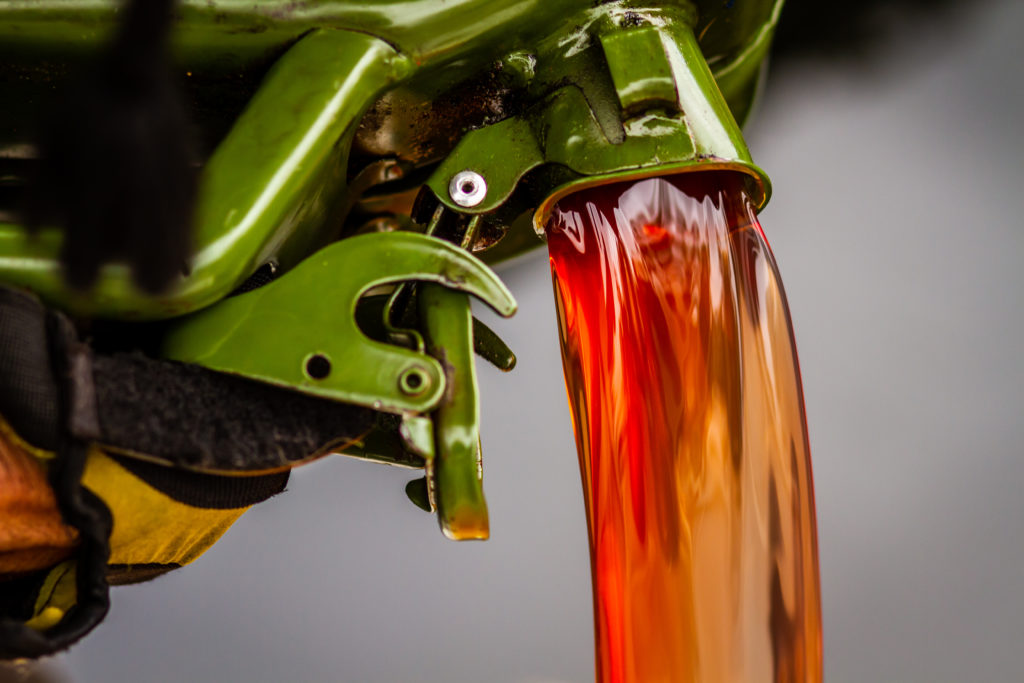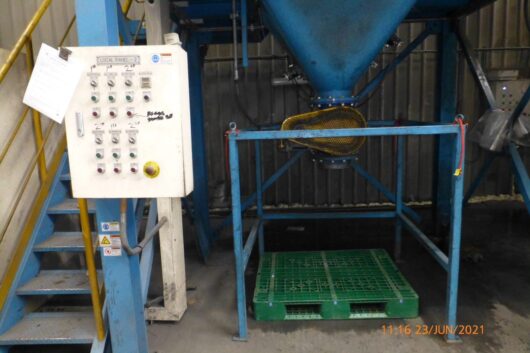And, the association warned that suitable alternative machinery “doesn’t exist” and the changes could see waste electricals and ELVs turned away by sites.
The government said in 2020 that those entitled to use red diesel pay a duty rate of 11.14 pence per litre, which is “significantly less” than those using standard road fuel diesel, which has a duty rate of 57.95 pence.
Protests from across the waste sector have thus far fallen on deaf ears, with the Treasury insisting it has not found “compelling evidence” that scrapping the lower rate will increase the cost of recycling (see letsrecycle.com story).
Businesses may turn away items such as end-of-life vehicles and waste electrical and electronic devices
–James Kelly, chief executive of the BMRA
Alternatives
According to the Treasury, government has “previously received feedback from developers of alternative fuels and technologies that they view the low cost of running a diesel engine with red diesel as a barrier to entry for greener alternatives”.
The BMRA said this stance “is illogical on so many levels”.
Today’s statement explained: “If the move was purely about reducing emissions, then simply removing the sector’s entitlement to use red diesel will not achieve this because plant powered by cleaner alternatives to diesel cannot be used safely and effectively in a hostile environment such as on a metal recycling site”.
The statement added that electric alternatives need to be physically plugged into a power supply. “This means ‘mobile’ plant either cannot move or it has to trail high voltage cables behind it – not practical on a busy site that deals with metals with sharp edges”.

James Kelly, chief executive of the BMRA, remarked: “The removal of this sector’s red diesel entitlement before alternative plant and equipment exist, could devastate the metals recycling industry. The knock-on effects would impact both the UK economy and could lead to deep ramifications for the environmental landscape across the UK.
“Put simply, if the cost of processing outstrips the value of the metals, then the UK could face a situation where businesses turn away items such as end-of-life vehicles and waste electrical and electronic devices because it is not worth taking them in. In addition, the cost of processing materials could see end users, such as the UK steel industry, facing significant price increases”.
Grid
The BMRA concluded by saying that 30% of metal recyclers are not connected to the grid or cannot draw enough power to operative large pieces of plant equipment.
The association said while the sector fully supports the Government’s drive to improve air quality, the BMRA is calling on the Government to recognise the role that metals recycling plays in protecting the environment.
Recyclers from across the sector have been expressing concern that the tax change could have a major impact on cost.
The Renewable Energy Association wrote to the environment secretary George Eustice in October urging him to delay the tax to support the “struggling” waste sector (see letsrecycle.com story).
Elsewhere, the Resource Management Association Scotland (RMAS) also slammed the government in August for not including the waste sector in the £40 million red diesel replacement competition (see letsrecycle.com story).
Other recyclers in the wood sector have also said the tax will add “thousands per week” to running costs, which will have to be passed on through higher gate fees.












Subscribe for free